The best way to answer your question is to summarize the answers from Xavier, plastiv, VinceFR and Christopher.
Step by step guide
In order to link the sources and javadoc to a .jar library that is automatically linked by Eclipse you have to do the following:
- Place the library .jar file in the libs folder, and the associated source .jar and doc .jar files in separate subfolders such as libs/src and libs/docs. You can use a name other than src and docs if you want, but it's important that the .jar files aren't directly in the libs folder.
- Create a
.properties file in the libs folder with the exact name of the actual library .jar (see example). Make sure you keep the .jar part.
- Specify the relative paths to the sources and javadoc .jar in the
.properties file.
- Close and re-open the Eclipse project! Optionally, refresh the project by pressing F5.
- Select an object of the linked library in the source code.
- Open the Javadoc view in Eclipse to check the documentation (see screenshot).
- Open the source code declaration (default shortcut: F3) of the selected object.
Example
The example uses the Gson library.
Directory structure of the libs folder:
libs
├── docs
│ └── gson-2.2.2-javadoc.jar
├── gson-2.2.2.jar
├── gson-2.2.2.jar.properties
└── src
└── gson-2.2.2-sources.jar
Contents of gson-2.2.2.jar.properties
src=src/gson-2.2.2-sources.jar
doc=docs/gson-2.2.2-javadoc.jar
Additional information
You can of course move the javadoc and sources .jar into other folders and specify relative paths. That's up to you. Placing the source and javadoc jars directly into the lib folder is possible but not recommended, as that causes documentation and source code to be included in your application.
Screenshot of the Eclipse JavaDoc panel:
Screenshot of an Eclipse project using Gson with Android 4.2.2.:

Referencing unpacked javadocs
In case you want to reference javadocs which are not provided as a packed .jar but simply as files and folders as asked by android developer in the comments do the following:
- Place the library
.jar in the libs/ folder
Create a yourlibraryname.jar.properties file (don't forget the .jar) with the following content:
doc=docs
Add the javadocs folders to the libs/ folder.
You should come up with the following folder structure:
├── docs
│ ├── allclasses-frame.html
│ ├── allclasses-noframe.html
│ ├── com
│ │ └── google
│ │ └── ads
│ │ ├── Ad.html
│ │ │ ....
│ │ └── package-tree.html
│ │ ...
│ └── stylesheet.css
├── GoogleAdMobAdsSdk-6.4.1.jar
└── GoogleAdMobAdsSdk-6.4.1.jar.properties
Do not forget to close and re-open the Eclipse project as mentioned above!
Here is a screenshot of a working example project referencing the GoogleAdMobAds Android library.
